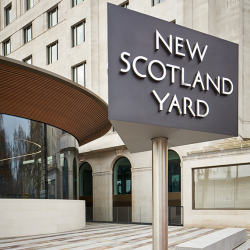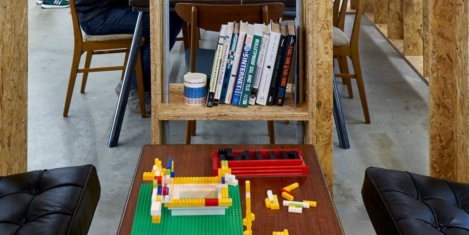April 25, 2017
Study confirms effect of workplace autonomy on wellbeing and job satisfaction 0
 New research into workplace culture has found that employees with higher levels of autonomy in their work reported positive effects on their overall wellbeing and higher levels of job satisfaction. Researchers at the University of Birmingham Business School examined changes in reported well-being relative to levels of autonomy using two separate years of data for 20,000 employees from the Understanding Society survey. The research, published in the journal Work and Occupations, found that levels of autonomy differed considerably between occupations and by gender. Those working in management reported the highest levels of autonomy in their work, with 90 percent reporting ‘some’ or ‘a lot’ of autonomy in the workplace. The finding backs up research from Cass Business School, the German Institute for Economic Research, Abraham Maslow and elsewhere.
New research into workplace culture has found that employees with higher levels of autonomy in their work reported positive effects on their overall wellbeing and higher levels of job satisfaction. Researchers at the University of Birmingham Business School examined changes in reported well-being relative to levels of autonomy using two separate years of data for 20,000 employees from the Understanding Society survey. The research, published in the journal Work and Occupations, found that levels of autonomy differed considerably between occupations and by gender. Those working in management reported the highest levels of autonomy in their work, with 90 percent reporting ‘some’ or ‘a lot’ of autonomy in the workplace. The finding backs up research from Cass Business School, the German Institute for Economic Research, Abraham Maslow and elsewhere.




































February 10, 2017
Reflections on the future of work from a mirrored room 0
by Neil Usher • Comment, Facilities management, Technology, Workplace design
(more…)